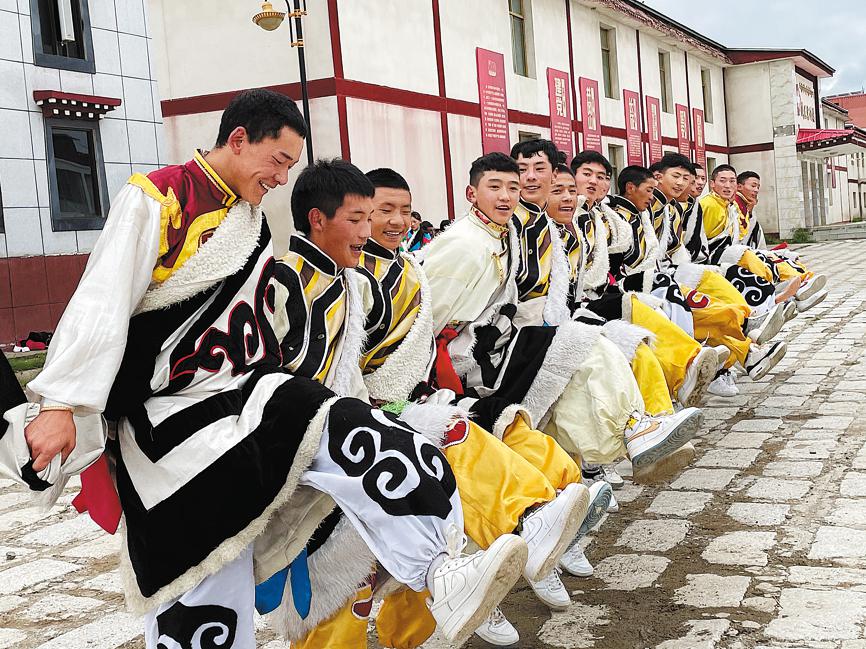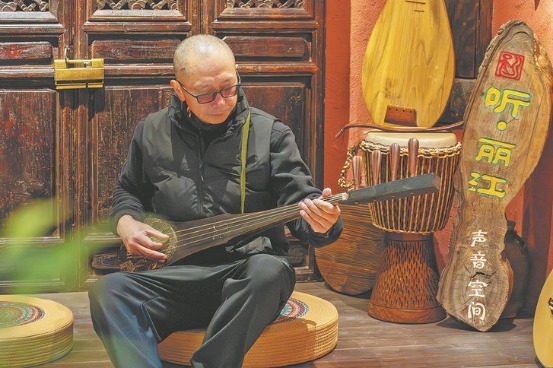From pastures to passes
Education policies in the Tibet autonomous region are enabling a greater number of young people to gain the qualifications necessary to forge a different path to their forebears, Deng Zhangyu reports.


Boarding at the school, she will only return home during the holidays, where she helps her mother take care of their more than 200 sheep and 30 yaks. Her nomadic family is typical of the area, where locals have practiced animal husbandry for generations.
With her desire to become a nurse, Nyima Ngodrup will be just the second in her family to make a living as something other than a herder. Her elder brother, the real estate agent, will soon return from Lhasa to become a herdsman-maintaining a tradition in the area whereby the eldest son inherits the family's flock of sheep and herd of yaks. Her elder sister has married into another local family, following in their mother's footsteps to raise children and tend animals.
Nyima Ngodrup attributes the chance to change her fate to the free education system funded by the central government. Under that system, the vocational school she attends provides meals, a dormitory-even clothes to all students-and, of course, tuition.
"My mother has to support seven children. If the vocational school was not free, my family wouldn't be able to afford it," she says.
Nyima Tsering, vice-president of Nagchu Vocational School, says each student will be funded to the tune of 4,500 yuan ($695) every year to cover all their costs. The average per capita disposable income of the rural population in Tibet is 14,598 yuan, according to an official government report released on May 22.




































